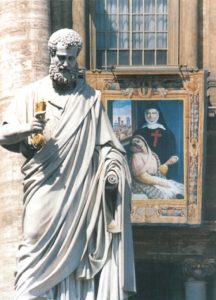 By Angelo Brusco in Camillianum – Libri di storia e spiritualità camilliana – Vari, N.12, 1995, pp. 285-287
By Angelo Brusco in Camillianum – Libri di storia e spiritualità camilliana – Vari, N.12, 1995, pp. 285-287
A letter of Fr. Angelo Brusco to Mother Tommasina Gheduzzi, the Superior General of the women Ministers of the Sick of St. Camillus
Dearest Mother Tommasina,
The news of the beatification of the venerable Mother Maria Domenica, which you communicated to me with emotion, brought great joy for me and for my confreres. I thanked the Lord for this gift bestowed on the Congregation which you head, and, in a reflected way, on the whole of the Camillian family.
The Lord found in Maria Domenica Brun Barbantini a person who was ready to cooperate with his sanctifying action. Gradually conforming her to himself, he made her a wonderful mediator of his merciful love towards our suffering brothers and sisters.
This generous correspondence with divine initiative is well reflected in a rule written by the Foundress in the year 1841: ‘with a heart modelled on that of Jesus and burning with his charity, (the sisters) will give themselves over to care for the sick poor and the dying…’
Maria Domenica remained faithful to the alliance that God established with her throughout her long existence, an existence that was marked by moments of dramatic suffering. Through painful separations – from her mother, her husband, and her son – she understood the project that the Lord had for her, calling her to extend her love beyond the boundaries of a conjugal relationship and a family to reach an increasingly large number of people who were afflicted by physical and spiritual suffering.
Her encounter with St. Camillus – through the mediation of the Camillian, Father Antonio Scalabrini – took place when Mother Brun Barbantini already had a long experience of apostolate amongst the poor and the sick. Indeed, together with the Oblate Sister Nurses, an institute that she herself had founded, she cared for sick women day and night, visiting them in their homes.
Her contact with the charism and the spirituality of the Founder of the Ministers of the Sick certainly contributed to deepening her experience of the merciful Christ and the meaning of her apostolate.
That the relationship between our Institutes was not only occasional and fleeting is indicated by the aggregation of the Oblate Sister Nurses – who later became the women Ministers of the Sick of St. Camillus – with the Order of Camillians, and the addition of the red cross to their habit.
A sign of the fraternity that links us is demonstrated by the interest with which the Camillians – from Fr. Ferrini to Fr. Bruno Brazzarola – followed the process for her beatification, which today has reached a happy conclusion.
If the encounter of Mother Maria Domenica Brun Barbantini with the charism and the spirituality of St. Camillus was an opportunity for interior enrichment for her and for her Congregation, this was also the case for the Order of Camillians who were able to see in the women Ministers of the Sick a new and original expression of the gift of merciful charity towards the sick which had been received by the Founder and transmitted by him to the Institute and to the Church.
Those who read the biography of your Foundress are struck by her spiritual depth and by the apostolic creativity and versatility that she demonstrated. Attentive to the material and moral needs of the population, she promoted various successful initiatives that make her a precursor of modern socio-health-care voluntary work addressed not only to the sick and the elderly but also to young people poor in means and ideals.
The contribution that she offered to the development and the reform of consecrated life was original and important. In addition to the foundation of the Institute of the women Ministers of the Sick, she was also the promoter of the presence of sisters of the Order of the Visitation of the Holy Mary in Lucca and she was entrusted with the reform of the Celestines and the retrieval of other religious houses that had been suppressed by Napoleon.
Wishing to live a life of contemplation, Mother Maria Domenica found that she worked on the front of action, managing to harmonise in a happy way these two dimensions of Christian spirituality. When placing her rich qualities at the service of love of God, and love of her neighbours who were in need of help, she found in constant self-transcendence and self-giving her full self-fulfilment as a woman and as a believer.
Of Mother Maria Domenica Brun Barbantini it has been rightly written that she ‘was fully and completely a woman in the Lucca of the nineteenth century and in her diocesan Church, with a specific contribution of exquisite sensitivity, tender strength, explosive charity, confident and tireless prayer, trusting submission, and tenacious hope’.
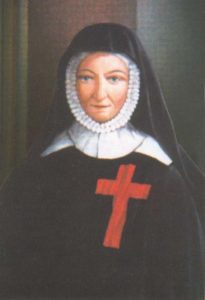 Because of the truth and the riches of her life experiences – as a wife, as a mother, and as a woman religious – your Foundress constitutes a model for various categories of the People of God.
Because of the truth and the riches of her life experiences – as a wife, as a mother, and as a woman religious – your Foundress constitutes a model for various categories of the People of God.
To each one of us she points out the pathway to follow to find the pearl of charity which, when made our own by the grace of the Lord, makes the whole of our lives precious.
While, on behalf of the members of the General Consulta as well, I express to you and all your sisters my most keenly-felt felicitations for this wonderful event, I hope that it will be rich in graces for your Institute and the whole of the Camillian Family, which at this special historical moment is blessed by the Lord of his women saints.
I ask you to accept my fraternal greetings,
Fr. Angelo Brusco



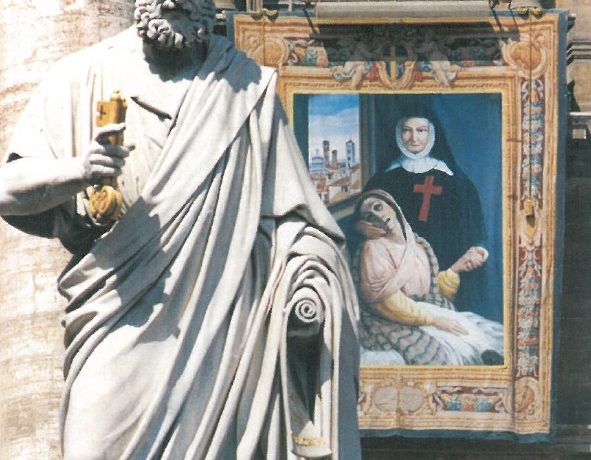





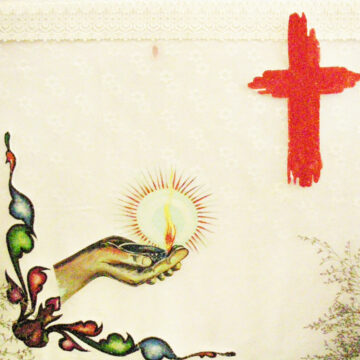
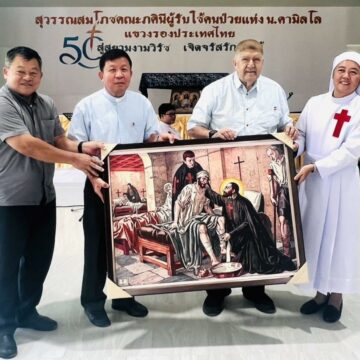
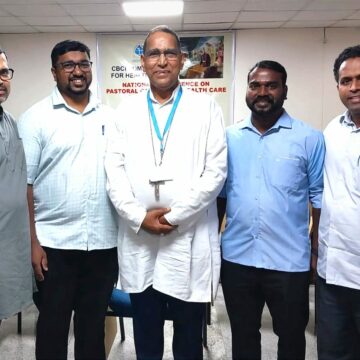


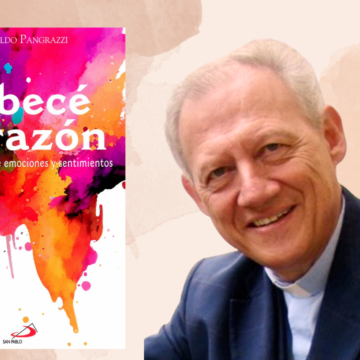
Camillians on Facebook
Camillians on Twitter
Camillians on Instagram